She Almost Lost Her Son to Meth Addiction
"Anyone with six months clean?"
It was key tag time at the Narcotics Anonymous (NA) meeting.
I looked proudly at my royal blue prize and hugged a few necks.
Before I sat down, someone asked me to share what's been working for me.
I replied, "Psilocybin and Ayahuasca ceremonies have both changed the course of my recovery journey."
Radio silence.
Blank faces.
Awkward energy.
I honestly expected someone to come rip the key tag out of my hand.
If you've been a part of a 12-step fellowship, you know that any "mind or mood-altering substances" equal relapse. You aren't considered "sober" in this case.
I personally never bought into these made-up rules.
I had one goal in my recovery, and that was healing. And there was never going to be anyone - or any big book - standing in my way.
I had just begun to crawl out of the layers of shame the Christian church had piled on; I'd be damned if I allowed some other organized religion to do the same.
I had come too far.
So, I followed my heart, and I kept counting my days.
And here I am, over six years later. SOBER from crystal meth and the best version of myself that has ever existed.
If I had listened to those people staring at me like I was a common criminal that night at the NA meeting, I would have missed out on the life I have today.
I would have crawled back to the front of the room and given back my royal blue key tag, and dropped my head in shame.
I would have negotiated my authenticity.
I would have become addicted to meetings.
I would have placed all of my personal power in the hands of people who didn't understand me.
I would have probably ended up in relapse.
If you only receive one message from me, it is this: EMPOWER YOURSELF.
Connect with what feels right for your own recovery journey.
Never act out of obligation or guilt.
Follow your heart.
Create your own recovery journey and your own definition of sober.
My guest this week would have lost her son if she had listened to the 12-step logic of no mind or mood-altering substances.
She finally went on suboxone, and it changed her life and her family's lives forever.
I hope you enjoy this lively discussion with Nicole!
Listen to the podcast HERE
Watch the podcast HERE
Podcast Study Guide
Early Trauma and Substance Use
Nicole's journey into addiction began with deep-seated body image issues and insecurities that led her to seek medical solutions at a young age.
The prescription of Phentermine at age 16 marked a crucial turning point, providing her with a false sense of confidence and capability that would later evolve into substance dependency.
This progression from prescribed medication to illicit substances illustrates a common pathway in addiction, where legitimate medical interventions can inadvertently pave the way for more serious substance use.
The early exposure to drug culture in her community, combined with unaddressed mental health challenges, created a perfect storm that normalized substance use and established patterns that would take years to break.
The Power of Parenthood
Pregnancy emerged as a transformative force in Nicole's life, serving as a catalyst for her first serious attempts at recovery.
The profound bond she developed with her child provided a powerful motivation for lasting change that transcended her previous attempts at sobriety.
While the involvement of child protective services created painful challenges, it also established a crucial framework of external accountability.
This experience transformed her abstract desire for change into a concrete necessity, offering her a new identity beyond addiction and a compelling reason to maintain her recovery journey.
Complex Family Dynamics
The intergenerational patterns of addiction and coping mechanisms played a significant role in shaping Nicole's relationship with substances.
Her family's food-centered culture influenced early relationships with control and coping, while well-meaning but uninformed parents struggled to understand and address mental health challenges.
Despite these early difficulties, family support proved crucial during crisis moments.
The recovery process not only transformed Nicole's personal journey but also reshaped family relationships and understanding, creating new patterns of support and communication.
The Evolution of Intimate Relationships
Nicole's early sexual experiences were deeply intertwined with drug use, progressing from casual encounters to eventually finding meaningful partnership.
Her relationship with her husband presented unique challenges as they navigated shared addiction experiences and recovery together.
Their journey involved learning to maintain intimacy in sobriety, building trust through honest communication, and supporting each other's recovery while maintaining individual growth.
Their story demonstrates how relationships can evolve from enabling addiction to supporting recovery.
Breaking Traditional Recovery Paradigms
Nicole's experience challenges conventional wisdom about recovery, particularly regarding abstinence-only approaches.
Her success with medication-assisted treatment, despite facing stigma from traditional recovery communities, highlights the importance of embracing multiple pathways to healing.
She advocates for recognizing recovery as a spectrum rather than an absolute state, incorporating various support strategies simultaneously.
This perspective emphasizes the need for personalized recovery paths that address individual needs and circumstances rather than adhering to a one-size-fits-all approach.
What did you think of this episode? Should I bring on more straight people to get their point of view? Reply and let me know.
See you next week! Dallas 💚
Journal Prompts
- Write about a time when you felt misunderstood in your recovery journey. How did you handle it?
- Describe your ideal support system. What elements are missing, and how might you build them?
- Reflect on a moment of progress in your recovery that others might not consider "traditional" success.
- Write a letter to yourself during your darkest moments. What wisdom would you share?
- Describe how your relationship with family has evolved through your recovery journey.
Action Exercises
- Create a personal definition of recovery that encompasses all aspects of your healing journey.
- Map out your support network, identifying at least three people or resources you can rely on in difficult moments.
- Research three different recovery approaches you haven't tried before and list potential benefits of each.
- Develop a self-care routine that addresses both your physical and emotional well-being.
- Start a daily gratitude practice, noting one positive change you've made, no matter how small.
Key Takeaways
- Recovery is not one-size-fits-all; what works for one person may not work for another
- Progress isn't linear; small steps forward are still progress
- Support systems are crucial for sustained recovery
- Medication-assisted treatment can be a valid and effective path to recovery
- Personal growth and healing often extend beyond just abstinence
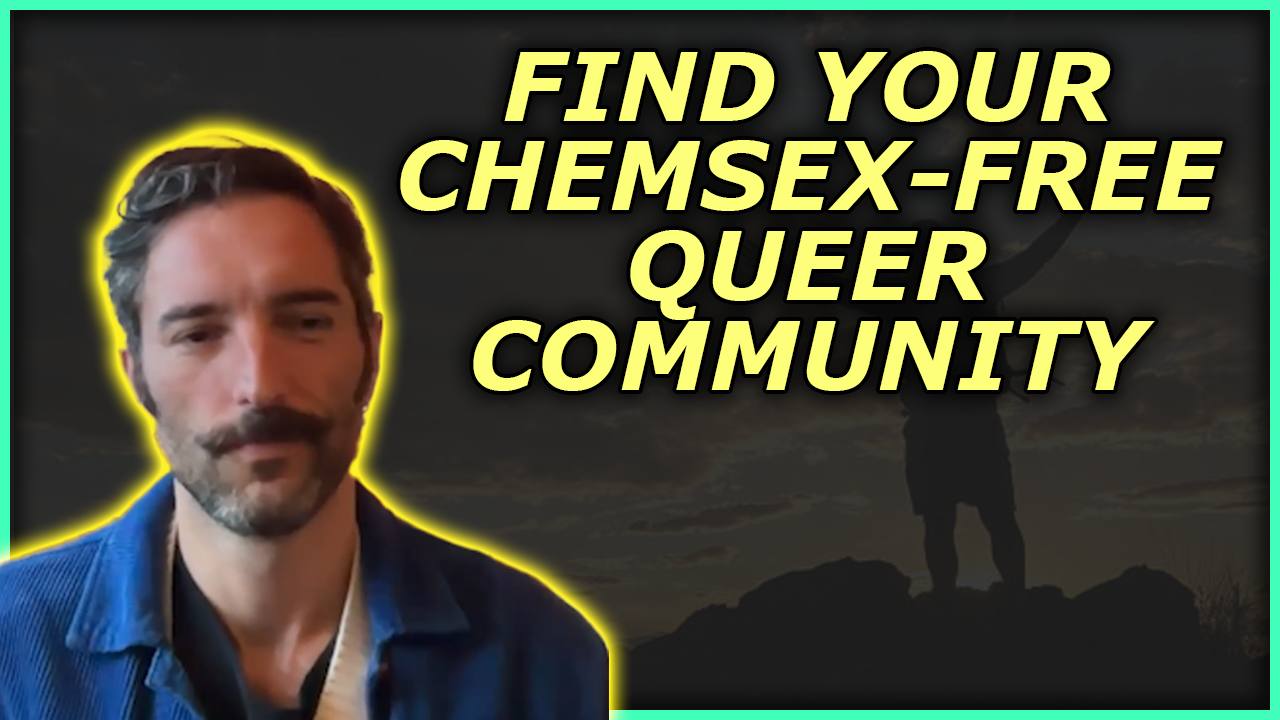
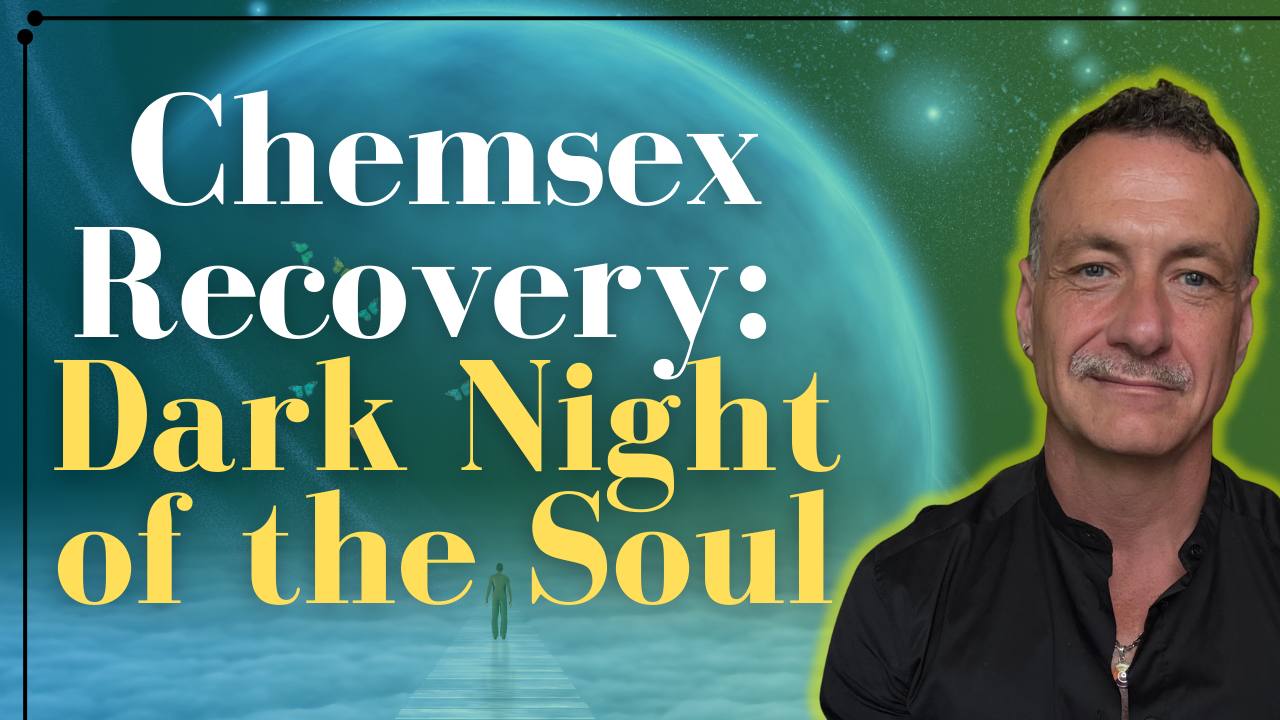
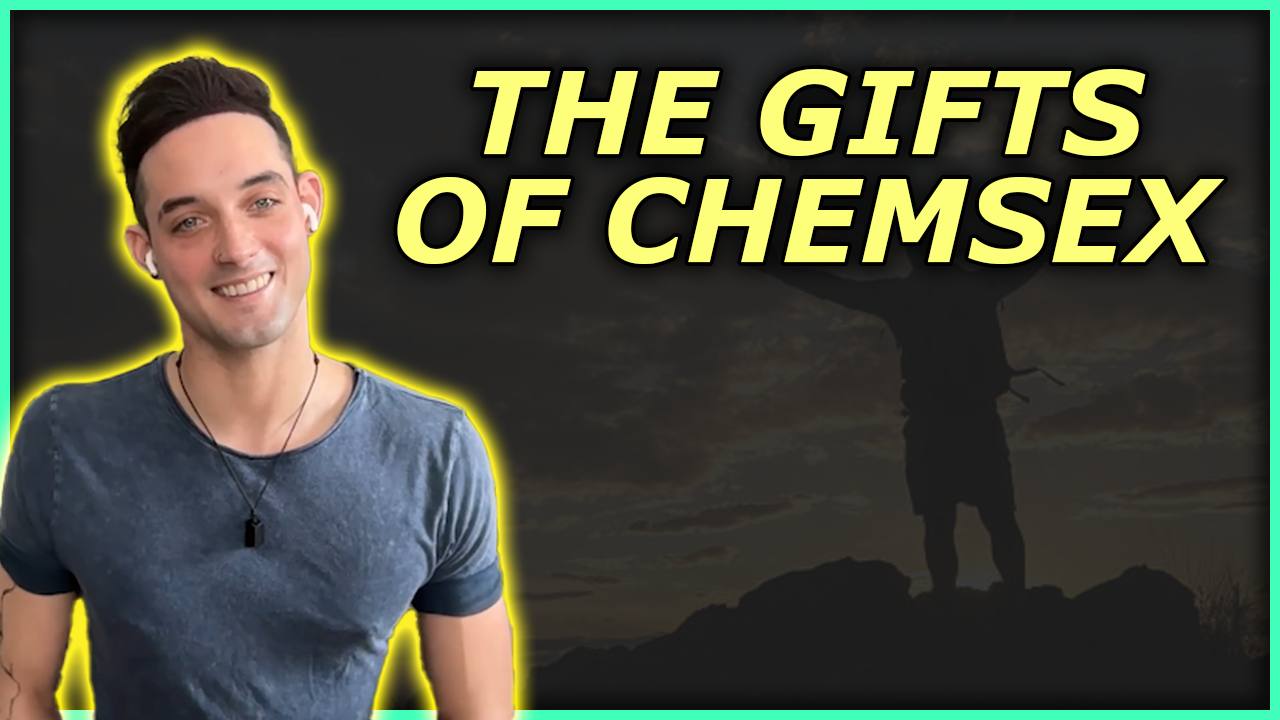
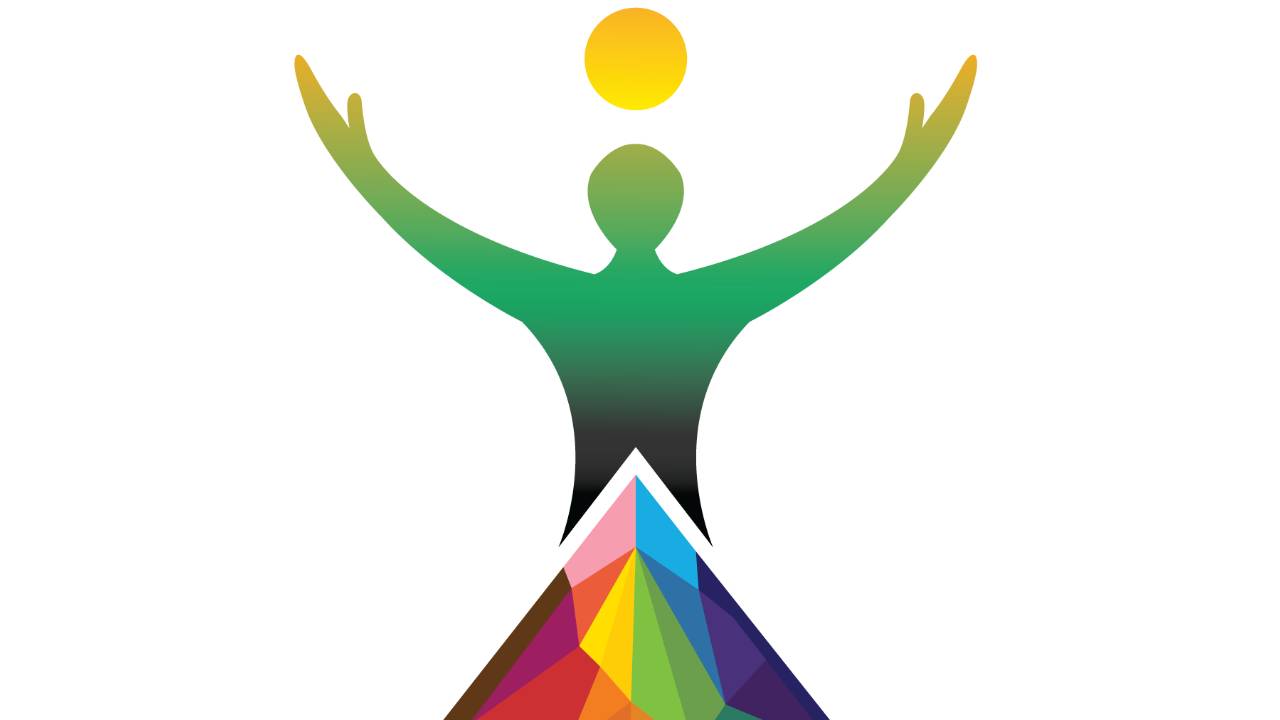
Responses